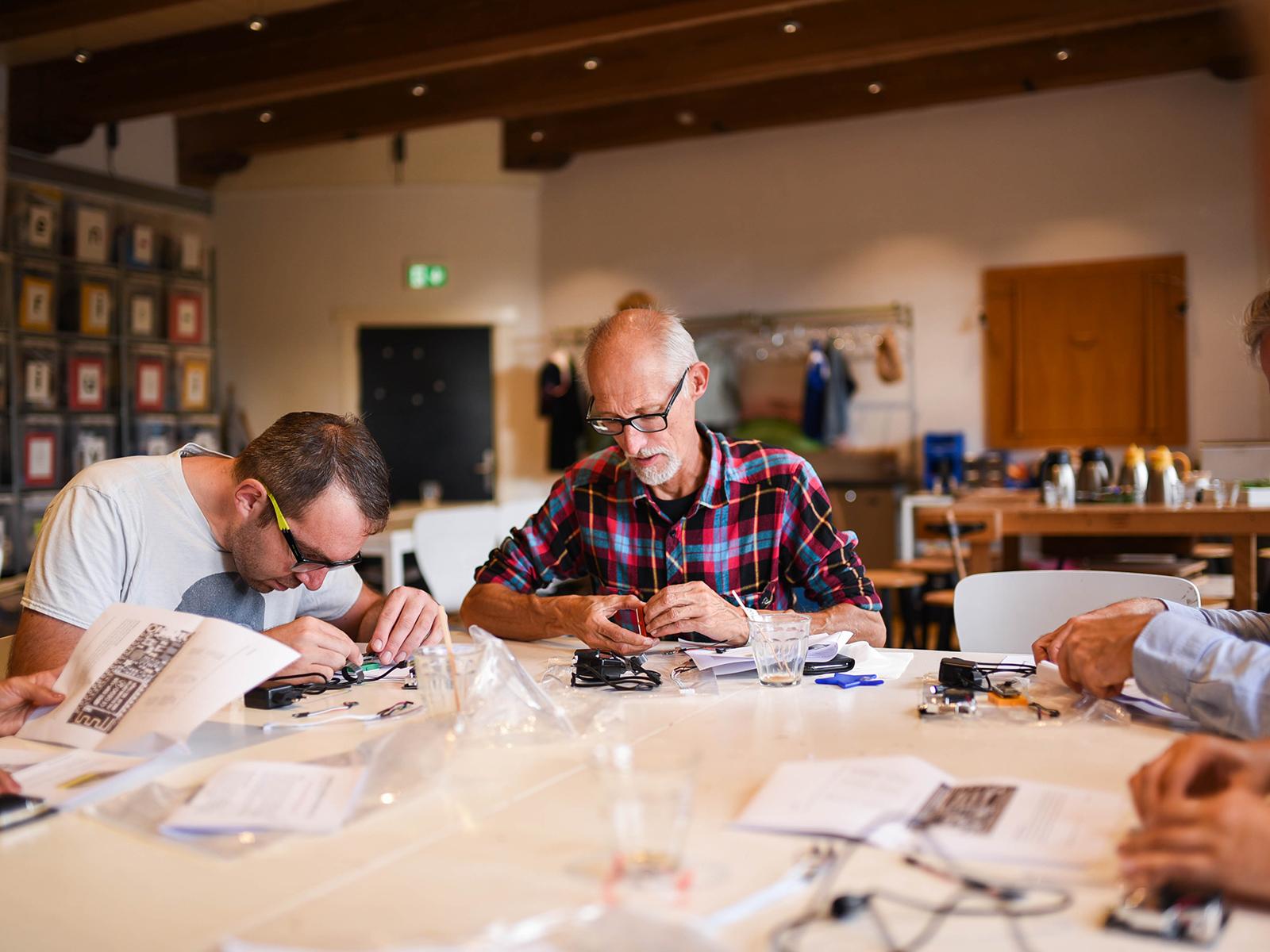On Friday the 21st of September, several citizens interested in air quality gathered in a full meeting room at RIVM’s premises in Bilthoven. RIVM is the Dutch National Institute for Public Health and the Environment and since a couple of years they have launched the initiative 'Samen meten aan luchtkwaliteit' (Measuring air quality together).
This initiative has been born as a response to the increasing interest of citizens and organisations in measuring air quality with affordable sensors, which generated increasingly more questions for RIVM as (one of) the experts in this field. RIVM decided then to be a part of the process and investigate whether cheap sensors could contribute to the air quality monitoring, complementing the official and more costly air quality stations.
This allowed at the same time to exchange knowledge with those initiatives, knowledge resulting from experimenting with these sensors. One of RIVM's stated long term goals is to work together to an air quality measurement network where everybody can contribute.
Several citizen initiatives were present in the room, together with also researchers interested in citizen sensing and few commercial parties. The first half of the meeting was dedicated to presenting results from experiments with cheap air quality sensors. RIVM discussed their results with NO2 and Particulate Matter (PM) sensors in two running experiments, the association Behoud de Parel presented their monitoring stations to quantify the effect of animal farming on air quality in the Dutch provinces of Brabant and Limburg, and the association Houtrookvrij presented an ongoing experiment to test the quality of several PM sensors.
Some general conclusions are that the knowledge about PM sensors is at a stage where results of a sufficient quality can be produced, while NO2 sensors require more care as they can differ largely in performance from sensor to sensor.
In the second part of the meeting participants could walk freely to visit stands where different projects were showcased and establish contacts for networking. Also some EU projects were present, namely Airsenseur and HackAir.
Looking forward, RIVM has announced in the future to concentrate efforts in seeing how data from cheap sensors can be used to complement the official (but sparse) measurements. Consequently, they would prefer that the air quality citizens community would now self-organize without them having to do so. They plan nonetheless to stay involved in their expert role.
These meetings are relevant for Waag and its goal of supporting citizen sensing and citizens initiatives. In particular, it is important to be as updated as possible on technical aspects such as sensor performance and quality of data, to support and advise citizens when they decide to measure air quality in their environment. At the same time, the role of the Waag is to remind that measuring is part of a process that starts with a societal need and should end in a societal impact.
The latter aspect is what has been field tested with the Making Sense project, that produced a Citizen Sensing toolkit (pdf) to support the entire process from goal setting to action, reflection and future legacy. This toolkit forms the basis of our actions when engaging with air quality (and in general environment) monitoring, and it is applied for example, in the sustainable mobility EU project MUV where, next to nudging more sustainable transportation habits, citizens are also engaged in measuring air quality, traffic and noise pollution in their neighbourhood.
Have a look at these photos of a recent workshop DIY air measuring at the Waag.


